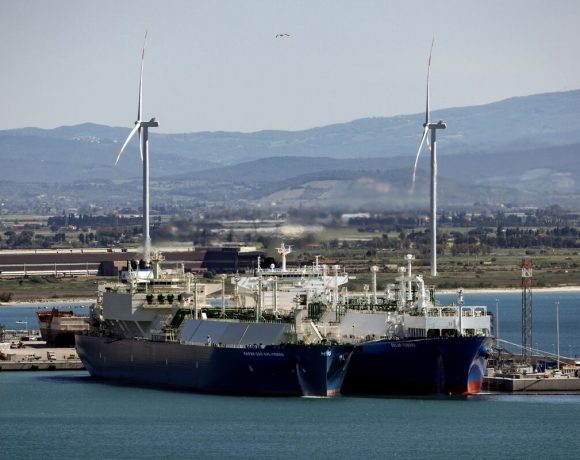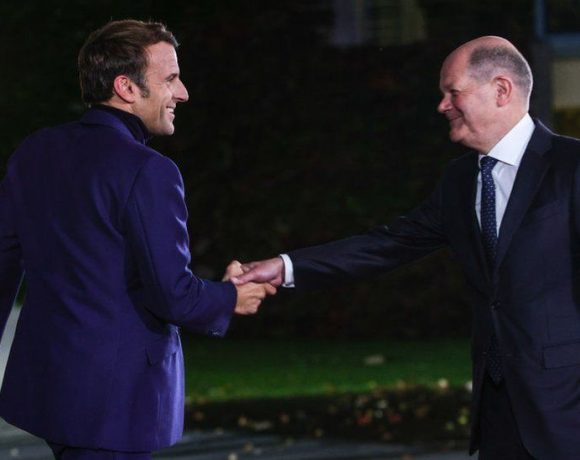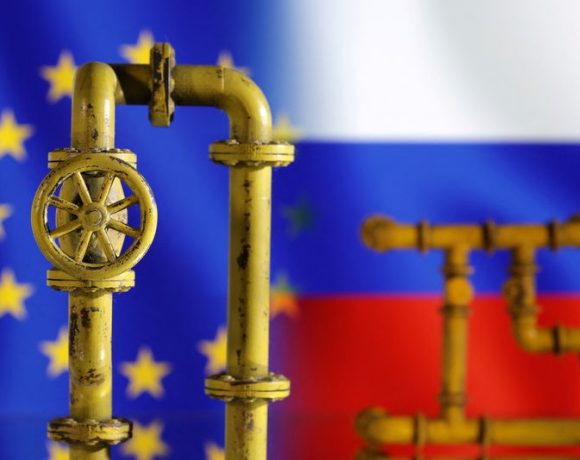
Despite a recent drop in prices, the rate of natural gas purchases required to refill Europe’s storage sites is slower than usual for this time of year. Some buyers are betting on further price drops and are therefore holding off on making purchases.
While the benchmark futures for natural gas have decreased significantly from record highs seen last summer, consumption remains slow to recover from the crisis lows. While reduced fuel usage has meant that global supplies are currently sufficient to meet European demand, gas producers and traders caution that the situation remains fragile, and a delayed or uncertain rebound in consumption could disrupt the market balance.
According to Klaus Reinisch, group chief sales officer at MET Holding AG, consumers seem confident and are being told by political leaders that the worst is over. Reinisch believes that this confidence is leading some consumers to hold off on purchasing natural gas in anticipation of even lower prices.
However, even if prices drop to as low as €10 per megawatt-hour, Reinisch does not expect these lower prices to last. Europe’s heavy reliance on liquefied natural gas, which replaced Russian pipeline fuel, leaves it exposed to market moves and price volatility.
While consumption from industry and demand from Asia could lead to a resurgence in natural gas demand and price rebound, analysts from Goldman Sachs Group Inc. and Boston Group Consulting see the possibility of prices rising above €100. Reinisch believes that the natural gas market is still vulnerable.
Picture Courtesy: Google/images are subject to copyright


